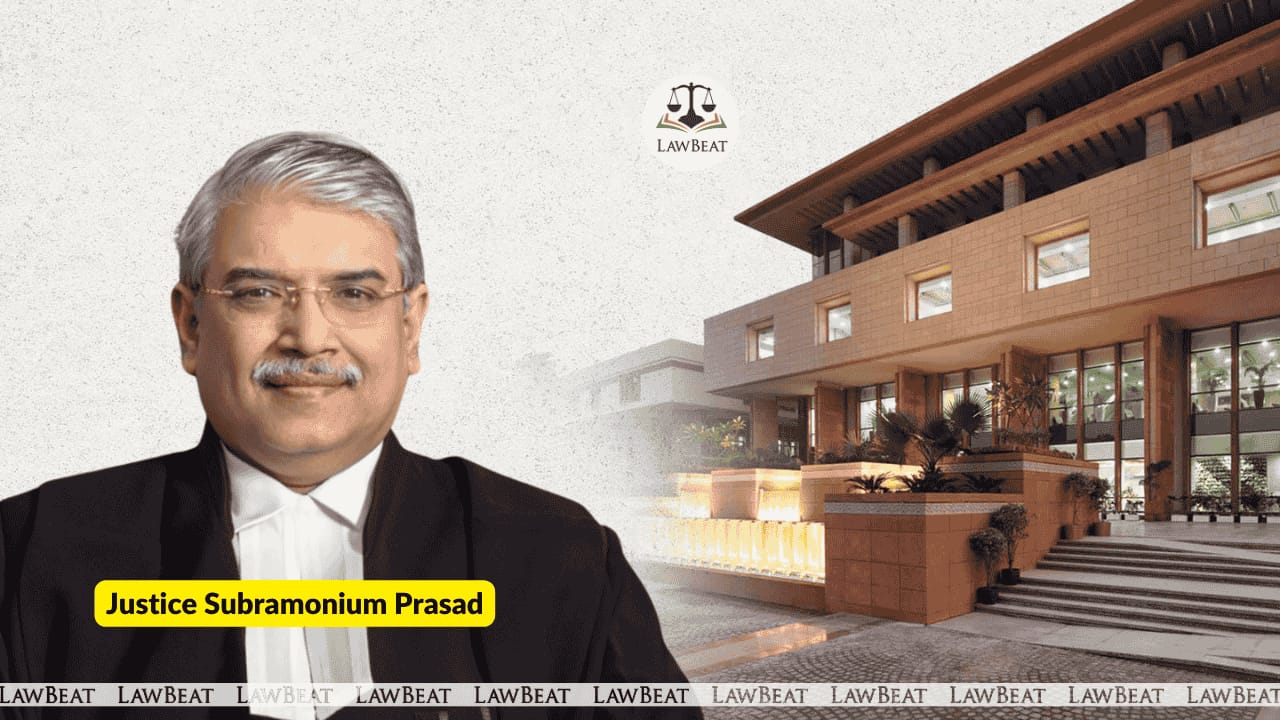Delhi HC Upholds Arrest of Inder Singh Gaba Regarding Attack on Indian High Commission in London

Inder Singh Gaba, a resident of the United Kingdom, was arrested by the National Investigation Agency (NIA) in connection with an anti-India protest held on March 22, 2023, outside the Indian High Commission in London.
The Delhi High Court recently upheld the arrest of Inder Singh Gaba while dismissing his plea challenging the remand orders by the National Investigation Agency (NIA).
The bench presided over by Justice Subramonium Prasad while hearing the plea moved by Gaba said, "The Petitioner was arrested on 25.04.2024 and he was produced before the Magistrate on the same day. A copy of the remand application was supplied to the Petitioner which contained both the reasons and grounds to arrest the Petitioner and, therefore, this Court is of the opinion that the constitutional safeguard enshrined under Article 22(1) of the Constitution of India has been followed and the Impugned Remand Orders do not contain any infirmity".
Notably, on September 5, 2024, the NIA filed a charge sheet naming Inderpal Singh Gaba as a key accused in the 2023 attack on the Indian High Commission in London.
The attack took place on March 19, 2023, when a protest broke out at the High Commission of India. A crowd of 50-60 protestors gathered outside the building, shouting aggressive Khalistani slogans and waving yellow flags associated with Khalistani separatists. They vandalized the High Commission's property and pulled down the Indian flag.
According to audio-video evidence, Gaba was actively involved in the protest as he was seen raising anti-India slogans and engaging in activities that undermined India's sovereignty.
As a result, he was charged under Section 109, 147, 148, 149, 120B, 448, 452, 325 Indian Penal Code (IPC) read with Section 13 of the Unlawful Activities (Prevention) Act, 1967, Section 3(1) of the Prevention of Damage to Public Property Act, 1984, Section 2 of the Prevention of Insults to National Honours Act, 1971.
In this regard, Lookout Circulars were issued against Gaba, and he was detained by Immigration Authorities at the Attari border while entering India from Pakistan. During questioning, he admitted to participating in the protest.
During the hearing, Advocate Arun Khatri and Sahil Khurana, appearing for the petitioner, argued that Gaba was not part of the mob that vandalized the Indian High Commission. They also claimed that he did not get a copy of the grounds of arrest, which violated Article 22 of the Indian Constitution and that the copy of the FIR was not provided to his advocate which was fatal to the case.
Opposing the said claims, Additional Solicitor General S V Raju, appearing for the NIA, submitted that a copy of the remand application had been served on the Petitioner, and the remand application contained the grounds of the arrest of the Petitioner, which was served within the time prescribed under the law. The ASG also contended that non-furnishing of FIR is not fatal, especially in cases of serious offences in UAPA.
While referring to the remand application, the court noted that the application provides all the facts, details of the protest, and details of the incident, and it also includes information as to how Gaba was questioned regarding his involvement in the protest and offences committed.
Aligning with the stand taken by NIA, the court relied on the Supreme Court's judgment in Youth Bar Association of India vs. Union of India (2016) and noted that non-furnishing of FIR is not fatal, particularly in cases involving sensitive offences such as sexual offences, insurgency, terrorism etc.
Accordingly, the court dismissed the present application.
Case Title: Inder Pal Singh Gaba vs. National Investigation Agency (W.P.(CRL) 1783/2024
